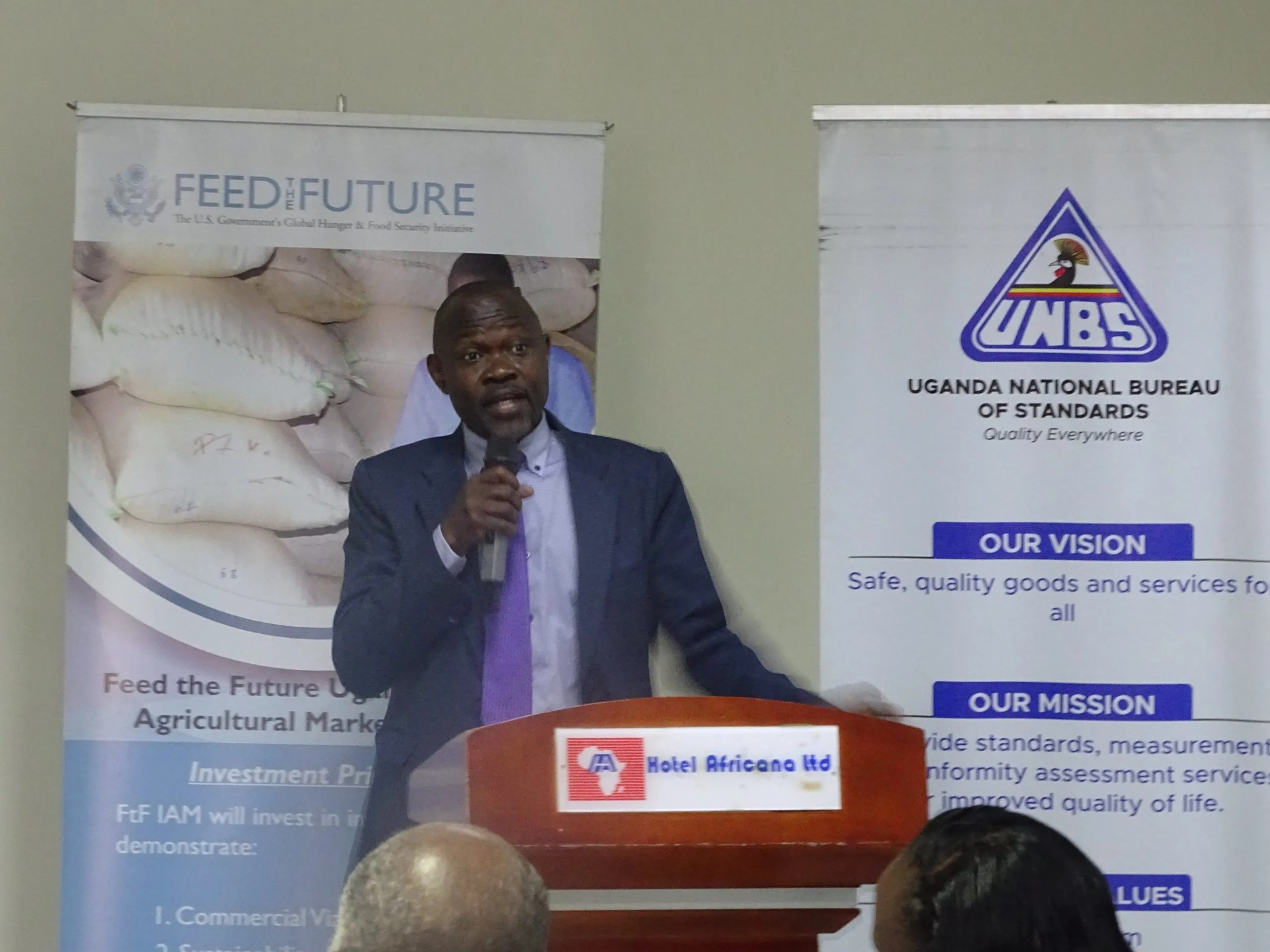
The Uganda National Bureau of Standards, UNBS, is rallying schools and other institutions to reject grain products from companies that do not meet the required standards.
In this way, UNBS says, the millers will be compelled to abide by standards production and in the end make Uganda’s products acceptable even on the regional and international markets.
The country has been grappling with standards issues regarding different agricultural products, but most pressure has come from the grain products market, which is Uganda’s largest food export.
In March 2021, Kenya issued a ban on Ugandan maize citing high levels of aflatoxin, though exporters and trade analysts termed standards a wrong excuse, saying Kenyan maize itself was actually of no better quality.
However, the allegations on Uganda’s product standards were supported by the reports and consequent findings by UNBS of the poor quality of the foodstuffs, mainly maize and beans that had been supplied by local companies to government as relief food for Covid-19 affected persons
David Livingstone Ebiru, the Executive Director, UNBS says that was an eye-opener that the country had been feeding on poor quality and substandard food, hence the intensified campaign.
Ebiru said it is no longer about aflatoxin but other kinds of contamination, especially by heavy metals.
The recent operations around the country, according to him, has also been targeting the quality of the milling machines, especially regarding their age because as they operate, the wear out leading to the presence of metals in the flour.
Ebiru says that they are now also encouraging millers to acquire non-wearing machines.
The number of certified companies has since grown from two at that time to more than 230, spread across the country, though there is a higher concentration in Kampala’s Kisenyi and Nakuwadde in Wakiso district.
Daniel Arorwa, the Manager Surveillance at UNBS, says that all the millers they have reached are either measuring up to the standards or already certified, but that there are some which are yet to be reached mainly because of accessibility.
Arorwa said that for example industrial parks in major towns have been certified, while those that are found non-compliant are closed until they fulfill the conditions.
A study done by Global Development Company, DAI, found that there was very little awareness amongst Ugandan consumers regarding quality of food, while those that are aware had not tried to enforce their right to healthy, safe food.
Speaking at a meeting between UNBS and school proprietors in Kampala on Thursday, Collins Apuoyo, DAI Country Chief of Party, said that the millers are aware that they produce and sell poor quality food, but that they blame it on the suppliers of the raw materials.
Tuuma Moses, the proprietor of DWT (U) Ltd in Kisenyi, says that modifying the machines to the required standards is a bit expensive, and can cost half the cost of acquiring it.
Arorwa, says that even before the grain is put into the machines, a lot is done to downgrade it, including the handling equipment used, the hygiene of the workers and the storage, among others.
Ebiru, says going to schools is the first move targeting main consumers of grain, and that they will later also engage other sectors including police, hospitals and others.






